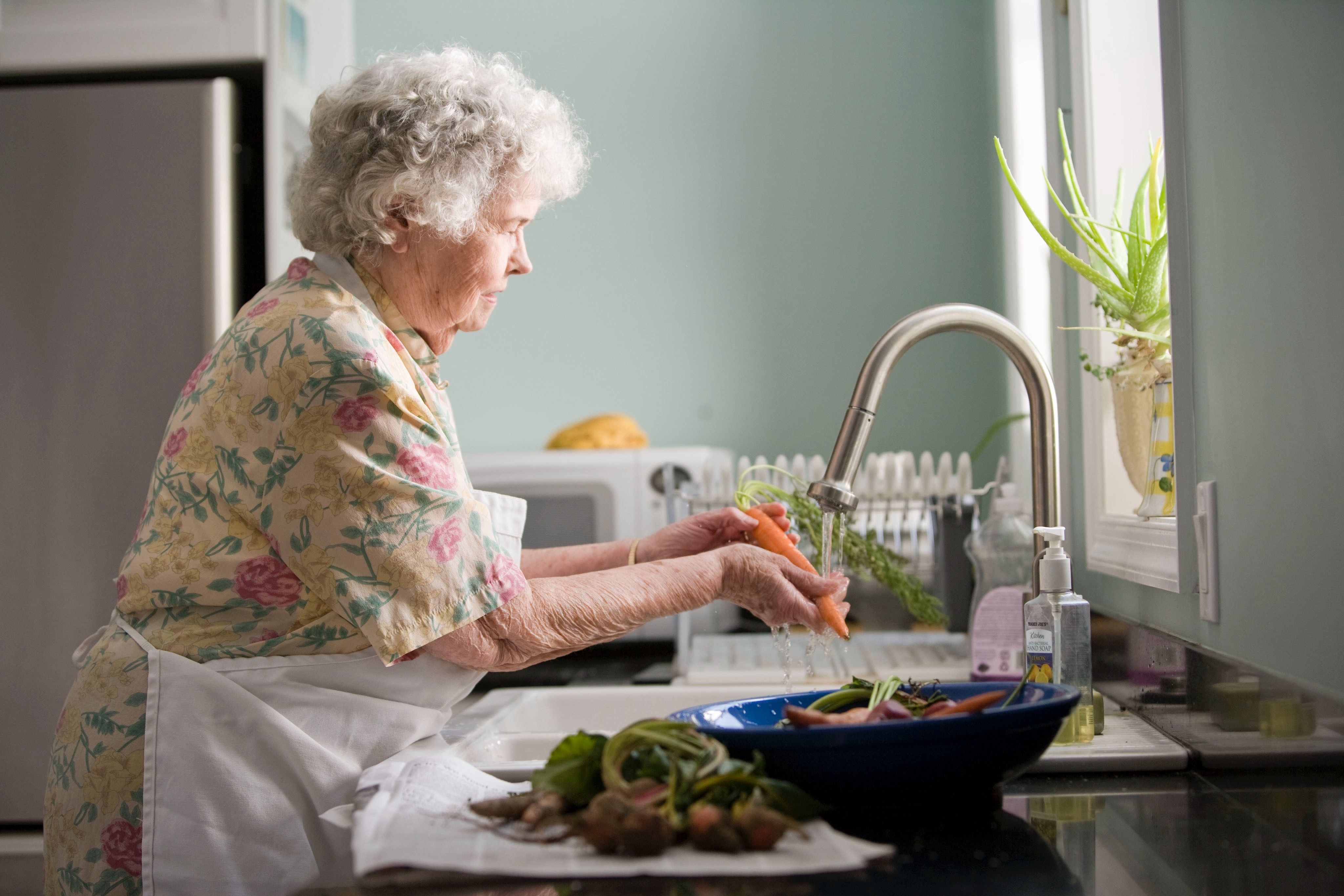
Home Care Live-In Workers vs Shift Workers
Another important home health care distinction to understand is the difference between live-in workers and shift workers. As their names imply, a live-in home caregiver resides in the elder’s home, whereas a shift worker’s caregiving period is restricted to a predetermined start and end time.
Ordinarily, hiring a live-in caregiver involves providing that individual with their separate bedroom and living space, as well as meals and other amenities that may be agreed upon during contract negotiations. Also, live-in workers aren’t on-call at all hours—they need at least eight hours of sleep per night and time set aside yearly for vacation.
To determine whether a live-in or shift worker arrangement is best, keep the following fundamentals in mind at all times:
- How many hours of care are needed per day? For individuals who need 12 or more hours of daily assistance, a live-in caregiver may be better.
- Is care needed throughout the night? If so, shift workers may be the best option since they’re not permitted to sleep while on duty.
- Which option is most cost-effective for you? This will depend on various factors, including your location, the kind of care needed, and the number of care hours required per day.
- How does your loved one and family feel about home care? Above all else, everyone involved must be entirely comfortable with the home health care decision made.

Questions to Ask Home Care Providers
Hiring a home care professional can be an emotional and nerve-wracking decision. That said, it’s critical to approach the process with a clear-eyed, level-headed disposition to ensure the senior in question gets the best care possible.
Some questions you should consider asking potential home care providers include (but are not limited to):
- How long have you been a home care provider?
- What certifications do you have?
- Will you develop a customized care plan for my loved one?
- How will you consult with their physician before and after starting the position?
- How do you respond to emergencies or scheduling changes?
- Can I have a copy of your rights and responsibilities of providers, patients, and caregivers?
- How do you handle billing and expenses?
Also, it’s essential to avoid making common missteps during the hiring process, such as:
- Making assumptions about what a caregiver can and cannot do. If you’re unsure of any details at any point in the process, ask questions. If your caregiver(s) work for an agency, policies and contingency plans will differ from organization to organization, so be sure to cover all your informational bases.
- Setting unclear expectations and care parameters. Just because home care professionals may advise a particular kind of care doesn’t always mean it’s key to enhancing a senior’s health and well-being in the short-term. Ensure that the caregiver understands which immediate concerns to address first. If you can’t provide them with a definitive answer, don’t be afraid to ask for a second opinion from their doctor.
As a family member, the transfer of crucial knowledge goes both ways. You need to be prepared to answer at least the basic questions about a senior’s current health conditions, medicinal regimen, care needs, likes, and dislikes.

What to Expect on the First Day | Home Health Care
Whether the caregiver has been hired through an agency or not, your family may have already met them. That said, it’s important to make them feel welcome and start the proceedings on the right foot.
If the caregiver has been hired through an agency, the care supervisor will almost always accompany the professional to ensure that everything runs smoothly and that all sides have their questions answered and their tensions eased.

Information to Share with Your Home Care Provider
When communicating with a home care provider, regardless of whether they’re undertaking medical or non-medical duties, make sure you share all important information regarding your elder family member’s health and well-being. This includes:
- Pre-existing medical conditions
- Weekly schedule information
- Current medications
- Dietary restrictions
- Hobbies and interests
- Likes and dislikes
Keep in mind that this list isn’t set in stone and will evolve. The more you share with your caregiver(s), the more prepared they will be to meet your needs. Ensure that your caregiver(s) are kept up to date on the latest information regarding a senior’s health status, daily or weekly routines, and home care preferences.

Home Care for Seniors: What You Should Know | Cared Upon
If an elderly family member requires consistent additional assistance, those closest to them may turn to a home health care professional to give them the support they need.
There are several different types of home care, each one bringing varying levels of cost, expertise, and healthcare possibilities to the table. However, the majority of home care services fall into one of two categories:
Non-Medical Care
Most in-home care is non-medical by nature. Options in this category include companionship, meal preparation, laundry, housekeeping, transportation, shopping, and possibly money management.
Non-medical care professionals can also assist with essential daily activities, such as bathing, eating, dressing, and more. Homemakers or home aides typically provide non-medical home care.
Medical Care
All medical home care must be performed by a licensed professional, such as a certified nurse or therapist. Duties that fall under medical care include supplying medication, caring for severe wounds or injuries, and physical or speech therapy. These activities also require a doctor’s prescription.
A senior may need a combination of medical and non-medical care. A hybrid solution may be necessary, depending on the person’s unique health concerns and area professionals’ availability.
